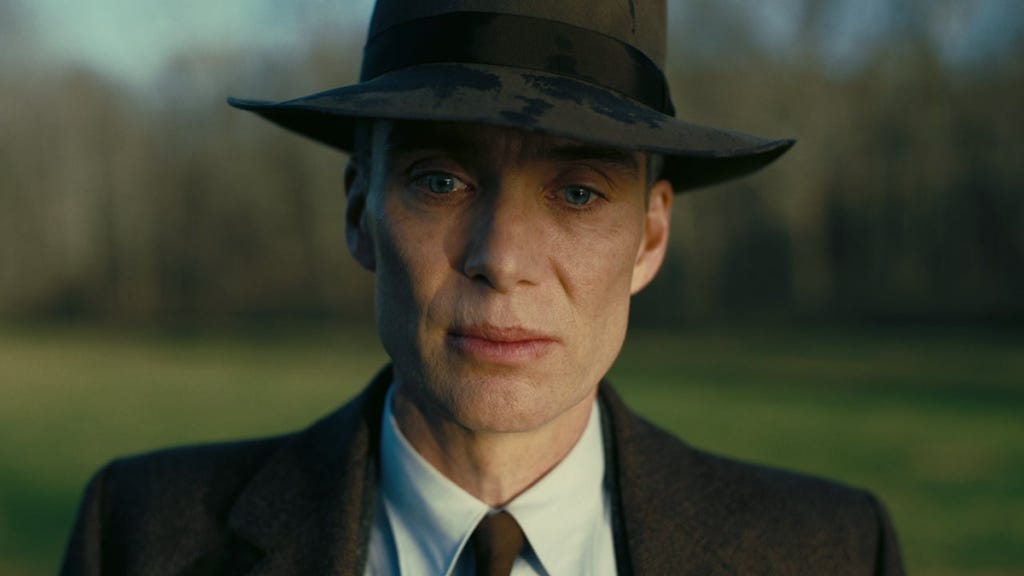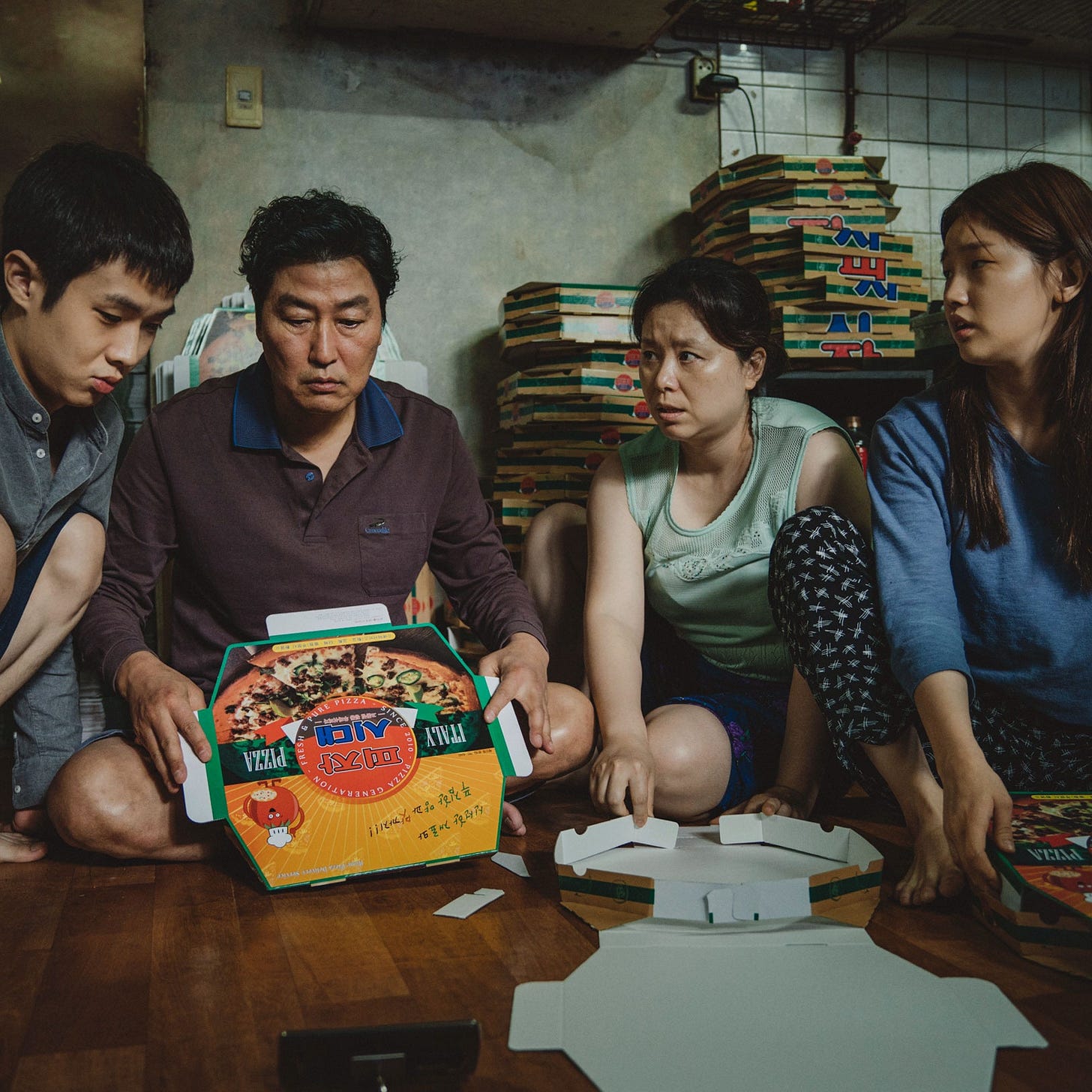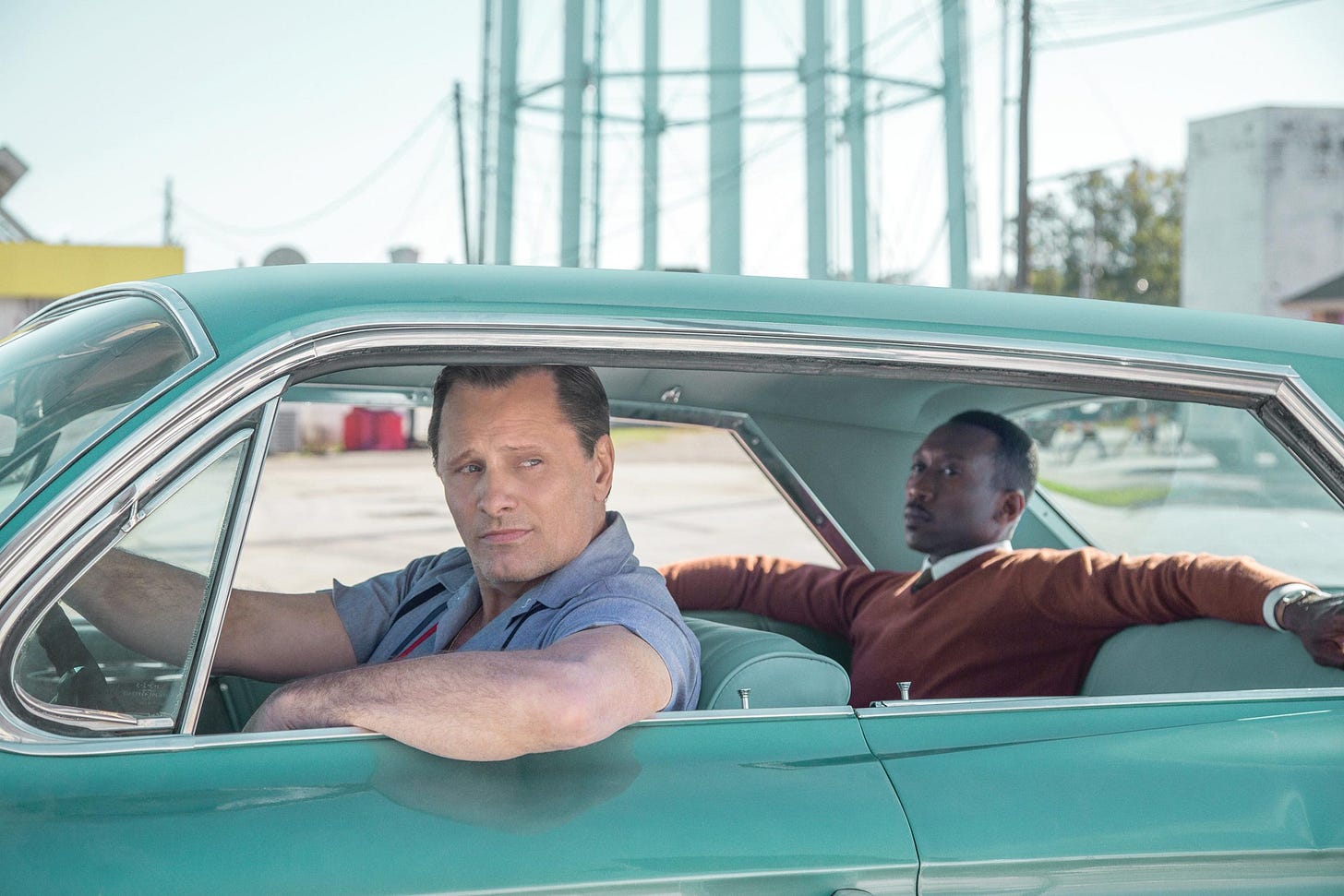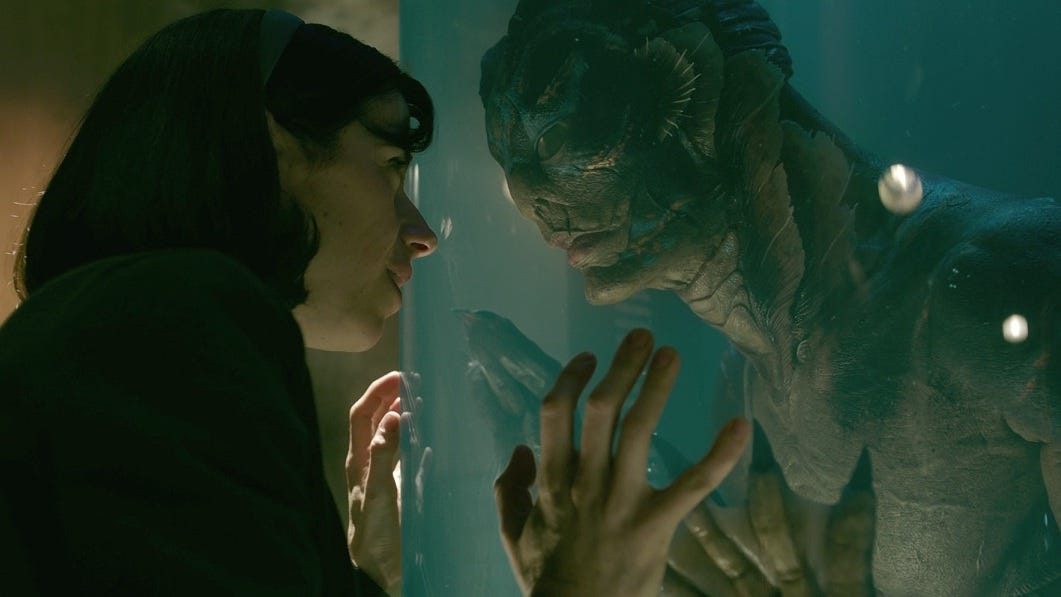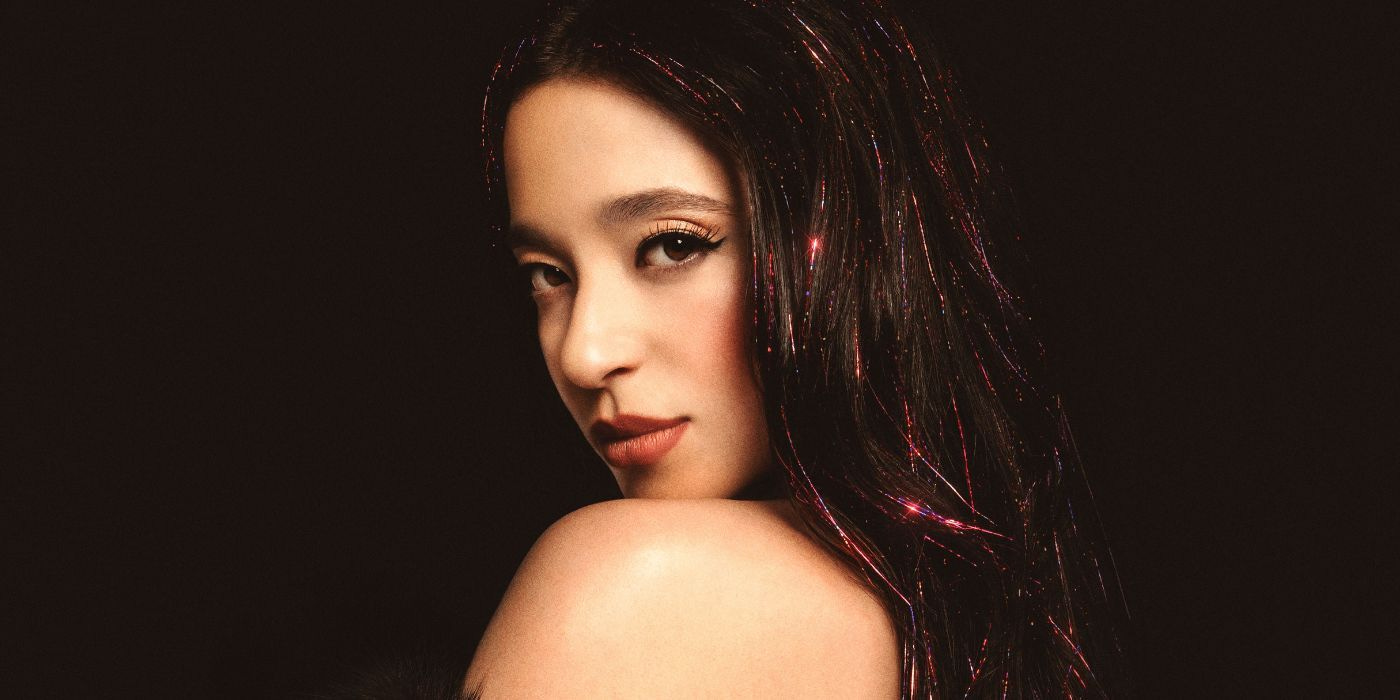Great! Newsletter #27: Best Picture Winners, Ranked
I swear, it's a totally normal ranking this time. Really!
Good morning to John Lithgow and John Lithgow alone!
To everyone else: you’re currently reading The Great! Newsletter, which is named after me, Alexandria Love, because I am great! Every other week, I’ll send something to your inbox that will make you say, '“Now, where is that unsubscribe button?” The bad news is that if you unsubscribe from my newsletter, it does legally mean that you hate Black people. The good news is that also includes Clarence Thomas. Fuck you, Clarence! I hope the Wi-Fi in your office is always slow!
Speaking of hating Black people, the Oscars were last night! And even though the ceremony ended before 8 pm, people are saying that somewhere out there, Adrien Brody is still delivering his speech.
I love movies. In fact, there’s only one thing I love more than watching movies: explaining movies to women. It’s one of my most masculine pastimes, right behind being emotionally unavailable and punching holes in the wall when I lose at Halo. So that’s why, for today’s newsletter, I thought I’d rank the most recent Best Picture Winners based on how difficult it would be to describe the plot to a simple pioneer woman living on the American frontier in 1865.
Oppenheimer (2023)
This one is going to be tough. Not only do I have to explain the plot of Oppenheimer, but I will also need to explain to her that nuclear bombs are coming… and they are gonna be BIG. Henrietta would not be as upset by this news as I anticipated. With a despondent, almost bored sigh, her eyes would glaze the horizon. She is still waiting for her husband to return from the war. I give her a second to recompose herself before I explain to her the cultural importance of “Barbenheimer.”
Parasite (2019)
Firstly, I would have to explain to her the concept of Koreans. She might be mildly discombobulated at first, but then I would show her a picture of Steven Yuen, and she’d be like, “Okay, I’m on board.” Then, I would explain to her that Parasite is about a poor family that has to work multiple jobs just to make ends meet. Working multiple jobs is a concept she understands; Henrietta is a milkmaid by day, but at night, she sits in silence, facing the front door of her homestead while holding a shotgun. “Gotta be on the lookout for those cattle thieves,” I joke. She does not smile. There is nothing funny about cattle thieves.
Everything Everywhere All At Once (2022)
After briefly revisiting the concept of Asian people, we get into the bulk of this story: the theory of the multiverse. I tell her that in the multiverse, there’s one timeline where she’s a frontier woman living a simple life doing laundry and taxes with her husband, but there could be another timeline where she’s a famous movie star. Henrietta is uninterested - she never had ambitions of being famous. I ask her what her biggest dream is. She said, “Not dying from cholera.” I nod and say, “Honestly, queen, same.”
Green Book (2018)
I’m confident that Green Book will be easy enough to explain to Henrietta: the plot is that a racist white man learns to be slightly less racist after driving a Black man around in his car. Then she’d say, “Driving around in his what?” and I’d say, “A car.” Then she’d say, “A WHAT?” so I would tell her everything I know about cars, which is that they have four wheels and are sometimes driven by robots. Henrietta sits down on the ground. This is a lot for her to take in. To help her calm down, I explain the plot of the Disney/Pixar movie Cars. She then starts sobbing and clutching the crucifix chain around her neck.
The Shape of Water (2017)
For Henrietta’s sake, I decide to skip over this one. She’s still crying over Cars, so yeah…she’s not going to take this one well.
Anora (2024)
I would explain to her that Anora is about a 23-year-old sex worker living in New York. Henrietta would ask me why the young woman became a sex worker. I’d say that sometimes people do it because they enjoy having sex and they enjoy making money. She’s confused by this. Sex isn’t “fun” for Henrietta’s generation. It’s something you have to do for your husband or else you make God cry. I ask her if that’s why she has seventeen children at the age of 22. She says that she doesn’t know how many children she has because women who know how to count are witches. I laugh. She laughs. Then she coughs. The cholera has already begun to take her. She collapses to the ground and dies instantly. R.I.P. Henrietta. You would have hated Wicked.
What do you think? Did I nail it? Of course I did. But if there’s anything I’ve missed, feel free to leave a comment or send me a DM. Also, don’t forget to like, share, and subscribe so that I can finally get out of the hood. Thanks for reading. Care about you, think you’re special.
Oh! And one more thing…
Women’s History Month is here, so I’m curious….what is your favorite thing about women?






